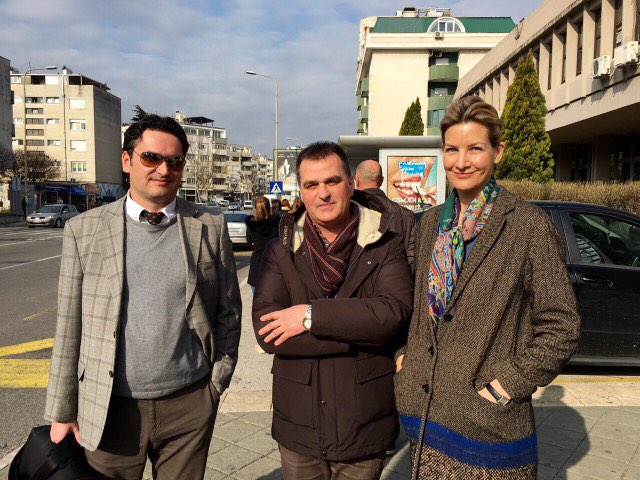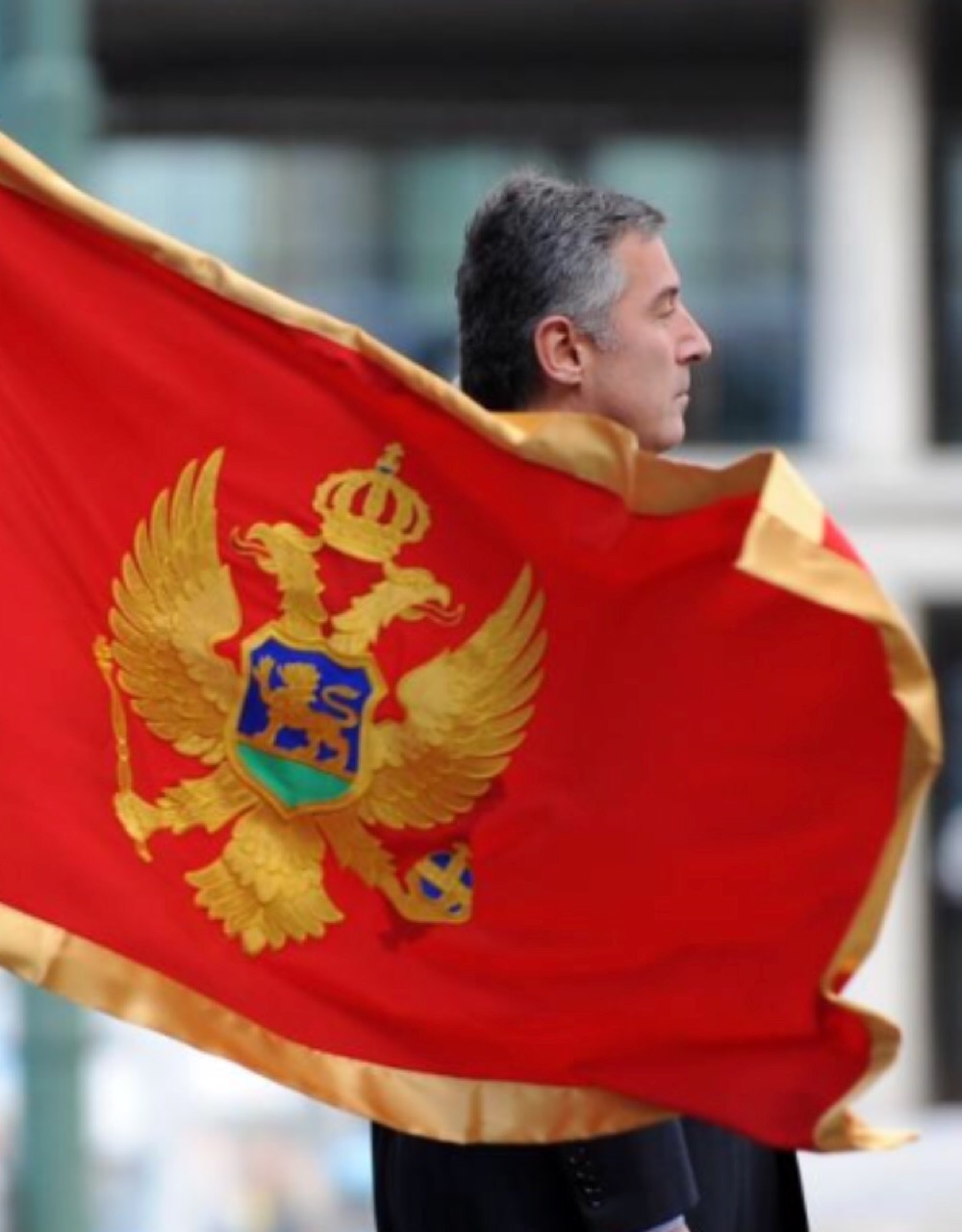
10/7/2018 APPEAL COURT INCREASES DAMAGES AWARD TO JOURNALIST FOLLOWING FAILURE OF MONTENEGRIN AUTHORITIES TO INVESTIGATE ATTACKS AGAINST HIM
10/07/2018
8/10/2018 Penalising the refusal to stand for the national anthem breaches freedom of expression
09/10/201811/9/2018 Memorial Initiative for victims of 1992 deportation war crime
NGOs Human Rights Action (HRA), Center for Civic Education (CCE) and Center for Women and Peace Education (ANIMA) submitted today to the Prime Minister and ministers of internal affairs and culture, as well as the President of the City Administration of Herceg Novi, the initiative for raising a memorial to the victims of 1992 war crime deportation of refugees in Herceg-Novi, hence supporting also the wish of the families of deported victims.
In May and June 1992, at least 66 Bosnian Muslim civilians were illegally arrested on the territory of Montenegro and handed over to their enemies, Bosnian Serbs, in the war-torn Bosnia and Herzegovina. Only 12 of them managed to survive torture in concentration camps. The refugees deprived of their liberty were, as a rule, brought to the Police (Security Center) in Herceg Novi, which served as a gathering centre, wherefrom on 25 May one group was transported by bus to a concentration camp in Foča, and another bus on 27 May to an unknown location in eastern Bosnia, where most of them were killed. The place where the victims deported from Herceg Novi on 27 May 1992 were killed remains unknown as well as the remains of most victims.
In 2011, HRA, CGO, ANIMA and former President of the Council for Civilian Control of Police Aleksandar Saša Zeković, filed three initiatives for establishing a Day of Remembrance for the victims of the crime of deportation of refugees, for a memorial to the victims and for an apology of the Montenegrin police for abuse of police powers during the deportation of refugees, but, unfortunately, to date not one initiative has been accepted.
The monument should preserve the memory of the victims and serve as a permanent warning to new generations of officials of the Ministry of Internal Affairs that they are obliged to refuse to execute orders resulting in a war crime or other human rights violations. By erecting a memorial the state would provide continuous and striking education of police forces and be an example in the region.
The case of deportation of refugees has not been adequately prosecuted to date. The first attempt at prosecution failed when the Supreme Court of Montenegro in 2015 upheld final acquittal of all the accused, although it was in breach of binding international humanitarian law. For the past three years, the European Commission and the domestic public are expecting another attempt at prosecution of this case from the Special Prosecutor’s Office to no avail. By agreeing to pay compensation to families of victims in 2008, the Government of Montenegro showed it accepted liability for the suffering of the refugees and their families, which would not had happened had they remained protected in the state in which they sought refuge.







 English
English